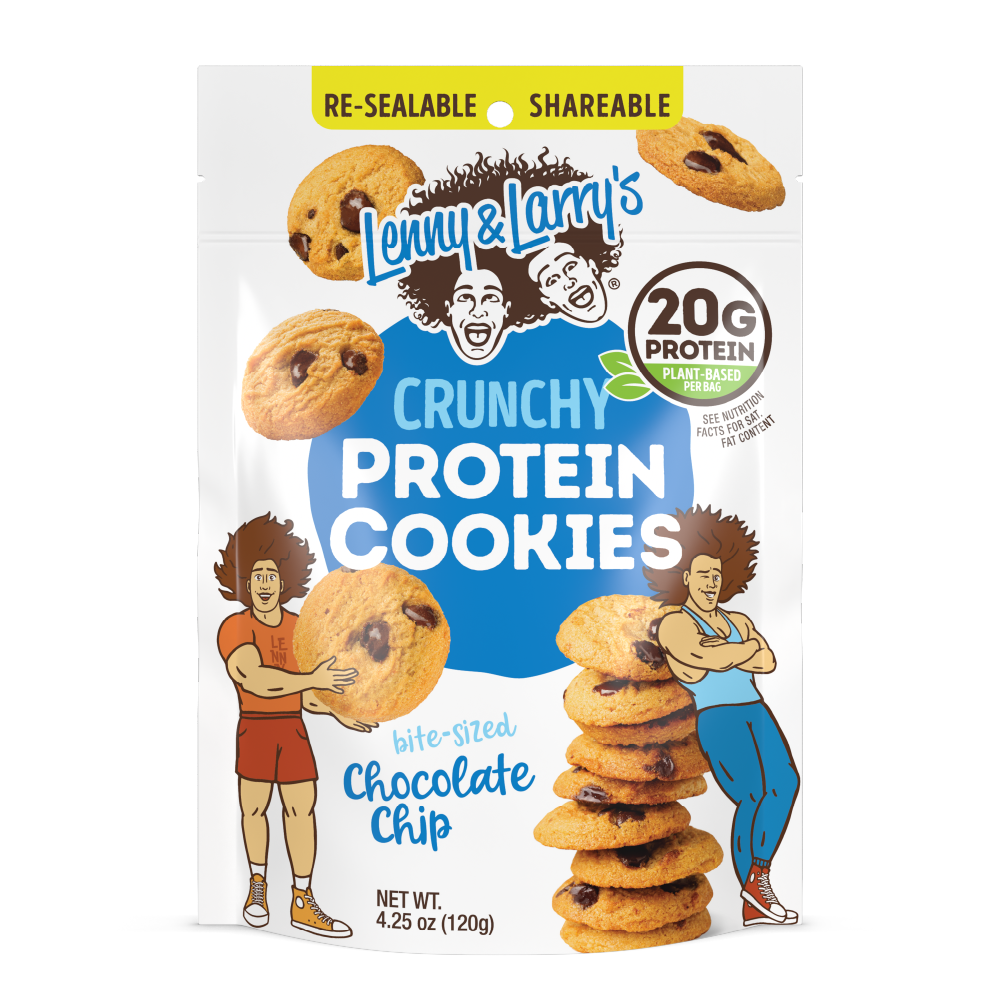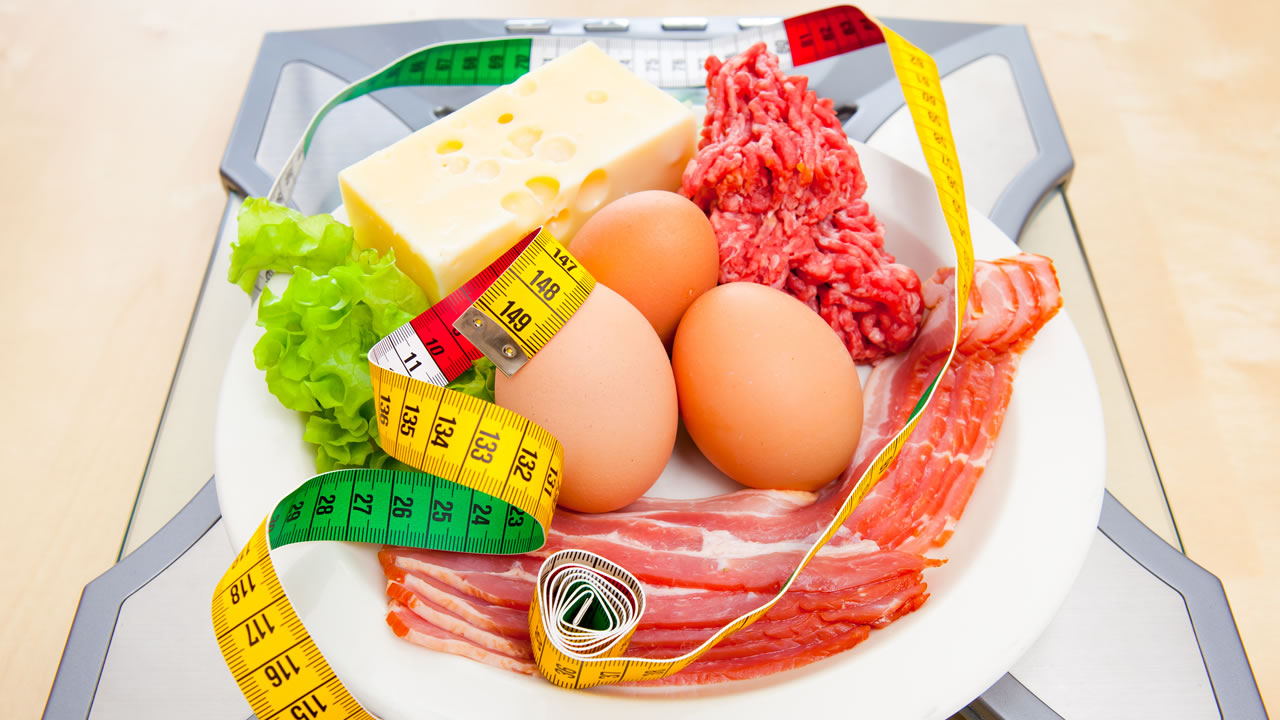Nom, nom, nom. Protein is an essential nutrient that we need to get into our bodies for all sorts of exciting functions, like muscle growth and regeneration. As a general rule of thumb, bodybuilders and fitness nutritionists generally recommend a protein intake of about 0.8g per pound of body weight. But when it comes to keto, it can drastically vary based on a person's weight loss or fitness goals. Unlike bodybuilding which involves higher protein consumption to form a synergy with our muscles, keto is famous for how fast an average person can lose weight. Without getting into the weeds, it's because of a metabolic process called ketosis.
Before you begin - always consult your physician before beginning any exercise (or dietary) program(s). This general information is not intended to diagnose any medical condition or to replace your healthcare professional. Consult with your healthcare professional to design an appropriate exercise prescription (or dietary program) that's right for you.
Taking a step back for a second, we know that protein helps build muscle and can aid in weight loss for some people. We also know that keto is great for weight loss due to the effects of ketosis on our body's stored fat supply.
The question that needs answering is: How much protein should I consume while on a ketogenic diet?
And the answer is... it depends. This is a good topic to discuss with your doctor or registered dietitian.
Protein Consumption During a Ketogenic Diet
There's not really a standardized amount of macros to manage with keto, except with carbs. Carbs are generally recommended to be less than 50g a day, but this varies depending on who you ask. Some keto advocates say as little as 20g of carbohydrates intake per day and, in some cases, as low as zero or "near zero."
But when it comes to protein, things can get a bit tricky.
High Protein Intake On Keto
The general macro range breakdown for a ketogenic diet is roughly 75% fat, 15-20% protein, and 5-10% carbs based on a person's total caloric intake. For a high-protein take on keto, it's recommended to have your macros split 60-65% fat, 30% protein, and 5-10% carbs. Notice that the carb intake doesn't change. This is because carbs are the enemy of entering ketosis. However, we lose a 10-15% of fat intake and transition that to around double the amount of protein.
![]()
The Pros: This is typically easier for newcomers to the keto diet since it can be difficult for newbies to eat so much fat in one day. Another popular low-carb, high protein diet is called the Atkins Diet, specifically the Atkins 20, which is the original formation.
The Cons: Protein turns into glucose and is used for energy, and some believe that this hinders your ability to maintain ketosis as long as someone that consumes more fat. This is because your liver creates ketones from stored fat supplies and our bodies use those ketones as fuel. And according to WebMD, some experts believe that there's a risk of high cholesterol, although many studies show the opposite effect.
Low Protein Intake On Keto
Low protein, and protein consumption in general, are hot topics in the keto scene. Advocates of lower protein consumption swear by the higher fat intake to keep more ketones in the bloodstream longer. And more ketones = longer ketosis.
But experts now think this is the wrong approach, primarily because of a $10 word called gluconeogenesis, or GNG. GNG helps regulate glucose levels and keeps them from falling under a specific limit when there aren't any carbs in our bodies. Since GNG is an essential function that helps to keep us alive, it's not recommended to go with little to no protein.
The Pros: The standard keto diet breakdown of 15-20% protein intake is about as low as most people should go, but the higher fat intake does keep more ketones in the bloodstream for longer.
The Cons: Too little protein can have many detrimental effects on the human body, including loss of lean muscle mass, hormonal imbalances, and possible thyroid issues.

How does the source of protein (animal vs. plant-based) affect ketosis and overall health on a keto diet?
Impact of Protein Source on Ketosis and Health:Plant-based proteins can offer fiber and other nutrients beneficial for heart health and digestion, although they might require a bit more planning to ensure all amino acids are included. Animal proteins are a bit more of a complete source with essential amino acids. Both can be used for ketosis. [ source information ]
Are there any specific times of day that are optimal for consuming protein on a keto diet to enhance muscle synthesis or weight loss?
Optimal Timing for Protein Intake on Keto Diet:
Consuming protein at specific times isn't crucial for keto success, but aligning intake with physical activity can maximize muscle repair and growth. Eating protein-rich foods post-workout can help in muscle recovery, while a balanced spread throughout the day can maintain steady energy levels and satiety, aiding in effective weight management. [ source information ]
What are the implications of consuming too much protein on a keto diet in terms of kidney health?
High Protein Intake and Kidney Health:
Elevated protein levels on a keto diet are a concern for individuals with pre-existing kidney conditions, as it can exacerbate kidney strain. For healthy individuals, normal kidney function should manage higher protein intakes without adverse effects. Nonetheless, maintaining hydration and monitoring kidney function through regular check-ups is advisable. [ source information ]
How do protein needs change based on activity level or athletic goals while on a keto diet?
Protein Needs Based on Activity Level.
Active individuals or athletes on a keto diet may need more protein to support muscle recovery and growth.
Typically, the recommendation might increase from the standard 1.2-1.7 grams per kilogram of body weight to 1.8-2.2 grams per kilogram of body weight (depending on the intensity and frequency of the workouts).
In pounds - that's 1.8-2.2 grams per 2.2 pounds or roughly 82 - 100 grams per 100 pounds. [ source information ]
Can protein intake influence the flavor or texture of keto-friendly meals, and how can one manage this?
Influence of Protein on Keto Meal Flavors and Textures
Protein choices can indeed affect the taste and texture of keto meals. For example, using different cheeses or plant-based proteins like tofu can change the flavor profile and mouthfeel of dishes. Experimenting with various protein sources and cooking methods, such as grilling or slow cooking, can diversify meal presentations and enjoyment. [ source information ]
Protein Is Good for Keto
Higher protein variants of keto seem to be easier for newcomers, and consuming very little protein can cause adverse health effects. While there's certainly a focus on fat intake at the macro level, higher protein can be beneficial, especially for those concerned about building muscle mass. Whether you stick to the standard keto diet or opt for a high protein version is a decision for you and your doctor or registered dietitian to discuss.
Also, don’t forget that we offer many keto-friendly options, especially the delicious Lenny & Larry’s Keto Cookie.
 Lenny and Larrys
Lenny and Larrys

